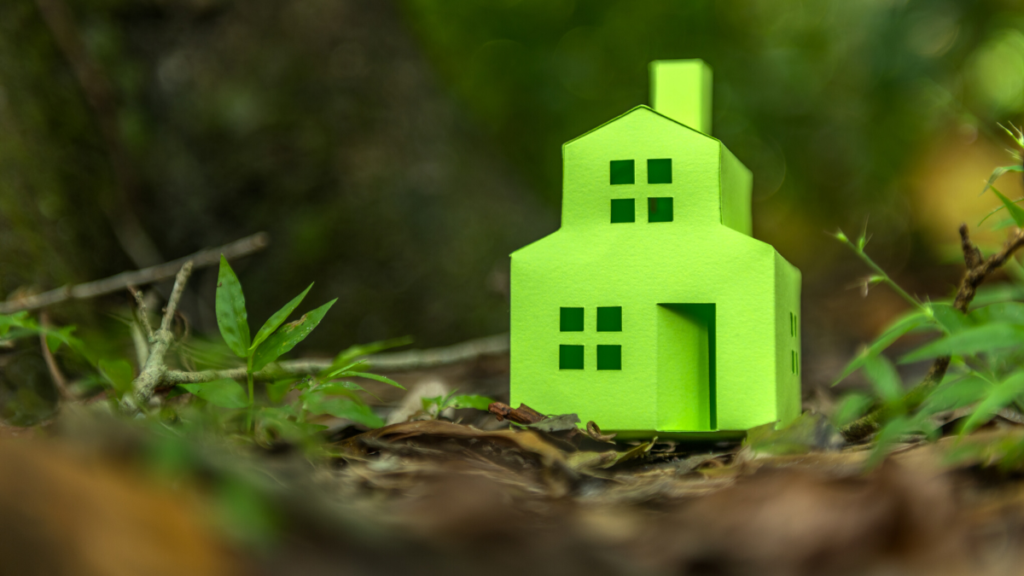It’s no secret future and existing homeowners peruse websites like Zillow and Redfin regularly. What’s lesser known is how to effectively search for energy efficient homes, how they might affect your wallet and what questions to ask of your realtor.
Green homes typically use less energy and are built with sustainable materials. Whether your goal is to reduce your carbon footprint or reduce your energy consumption — or both — narrowing down your goals before your next house hunt will save you a lot of legwork.
What to Ask Your Realtor
Once you’ve transitioned to a serious homebuyer, you will want to hire a real estate agent who has experience in energy efficient homes. Here are some key questions to ask your real estate agent as you do an energy audit on a listing:
1. How much are the home’s utilities?
Learning about the current owner’s energy expenses will help you identify if green updates were made and how much these updates could really save you.
2. What’s the status of insulation in the home?
Good insulation will keep the home cool in the summer and warm in the winter. It helps conserve energy but because you can’t see it, you’ll need to be sure this is addressed.
3. Are windows and doors properly sealed?
Older features, a poor fit and cracked seals can contribute to air escaping and will ultimately reduce the effectiveness of the HVAC system.
4. How current is the HVAC system?
Because a lot of energy goes into heating and cooling a home, it’s important to know the HVAC system is working properly. Additional green technology like smart thermostats and zoning will help regulate the indoor temperature as well.
5. What’s the orientation of the home?
The direction the home faces and how it affects main living areas like the living room and bedrooms will have a large impact on cost. East-facing rooms wake up to the morning sun and cool down in the late afternoon. Kitchens and bedrooms are best facing this way while main living spaces like living, family and dining rooms should ideally be south-facing since they have the best sunlight during the day.
6. Is this a zero energy home or does it only have ratings?
There’s a difference between a zero energy home and homes with Energy Star or LEED ratings. Ask your realtor about the difference.
7. What are the Home Energy Rating System (HERS) score and Home Energy Score (HES) Index, and which one should I look at?
Both the HERS and HES scores are important and gauge how much energy the home uses. The HES score could affect a Federal Housing Administration (FHA) loan and the HERS Index could determine if the home is in compliance with the 2006 International Energy Conservation Code (IECC).
8. Will I qualify for a green mortgage?
These loans are specifically designed by the FHA to finance energy-efficient homes. Your realtor won’t be able to offer mortgage advice but they will be able to direct you to a mortgage broker to see if the house will qualify.
Cost Benefits
The U.S. Department of Energy (DOE) estimates a typical household can save 25% on utility bills when it’s using energy efficiency measures. The cost to build an energy efficient home could be as much as $5,000 in materials and certifications but according to Freddie Mac, the government-sponsored enterprise that keeps money flowing to mortgage lenders, research found homes with energy efficiency ratings sold for 2.7% more on average compared to homes without those ratings.
The energy efficient home is a great way to reduce your carbon footprint and save money at the same time. While new homes are significantly more energy efficient than second-hand homes, it’s still important to connect with a real estate agent to make sure your search provides you with the best home for your goals.
